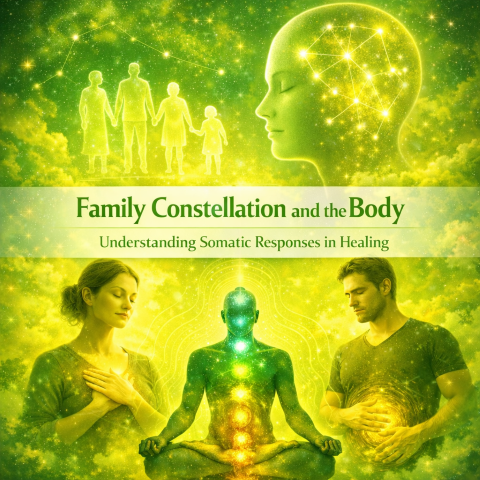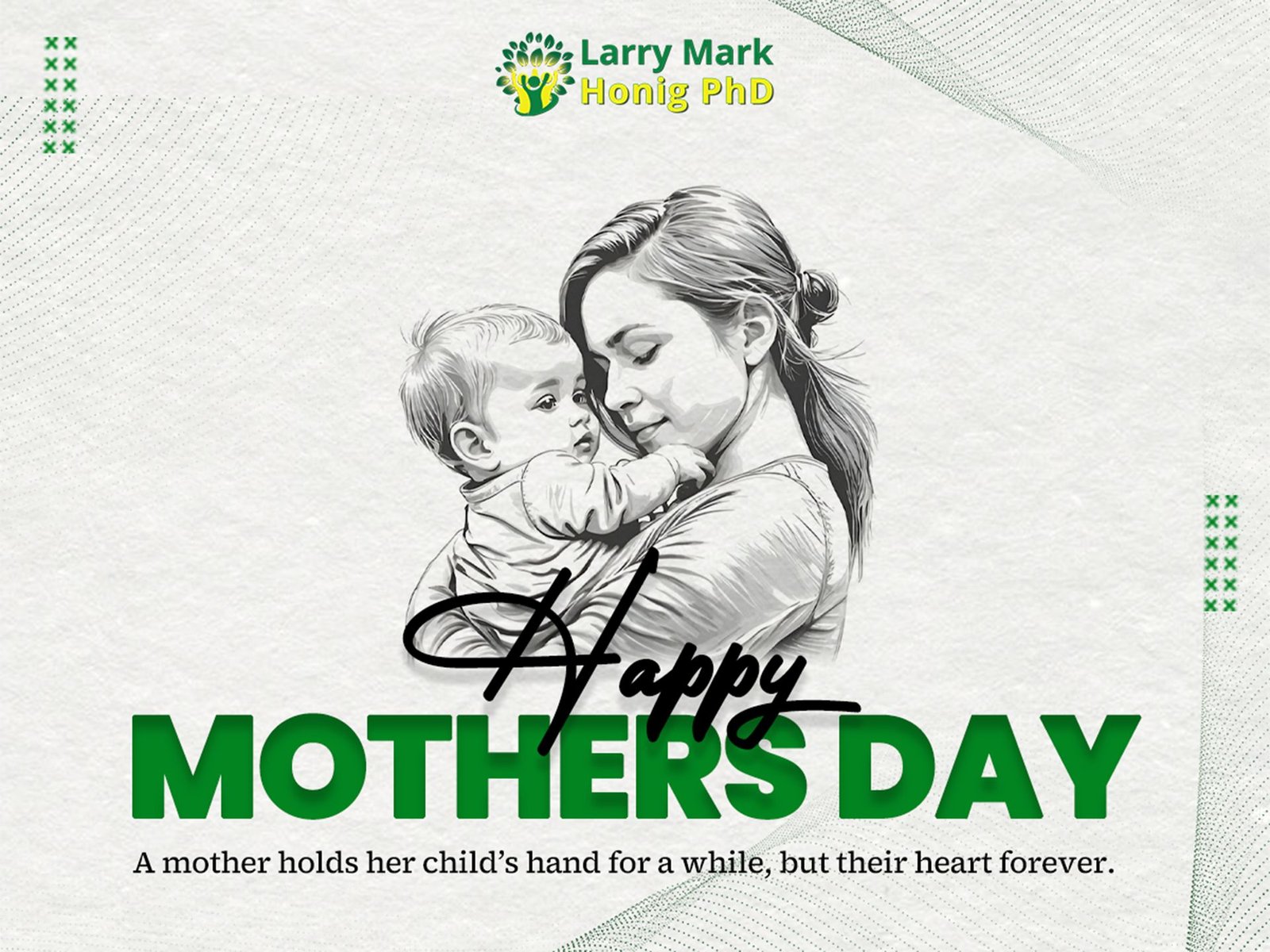Hidden Family Trauma at the Heart of Family Dynamics
Hidden Family Trauma can shape a household’s emotional climate in ways that are subtle yet profoundly impactful. Unresolved losses, stressful life events, or deep-seated emotional wounds may continue to influence interactions long after they occur. By recognizing and addressing these concealed factors, families often find themselves on a transformative path to stronger, healthier relationships.
Many individuals assume that their recurring conflicts or emotional distance are just natural “family quirks,” but such patterns can stem from underlying trauma. Frequent arguments, heightened sensitivities, and a lack of open communication suggest that past events might be silently driving present-day behavior.
Signs That Hint at Hidden Family Trauma
-
Persistent Tension and Recurring Conflicts
Are small disagreements escalating into full-blown arguments? Hidden family trauma can create a cycle of defensiveness and misunderstandings. Without healing, these patterns become entrenched, generating a lingering sense of unease. -
Emotional Distance or Withdrawal
Family members who quietly pull away, avoid meaningful conversations, or seem indifferent may be contending with hidden wounds. This withdrawal can reinforce feelings of isolation, making it even harder to bridge the emotional gap. -
A Need for Control or Overprotectiveness
Seemingly well-intentioned efforts to protect loved ones can become stifling. Trauma often triggers hyper-vigilance or fear, leading to controlling behaviors aimed at preventing further harm—but inadvertently causing tension instead. -
Persistent Sadness or Anxiety
It’s not uncommon for family members to experience a constant, inexplicable heaviness in the home. Such unshakable sadness or worry can signal that hidden family trauma is affecting overall well-being. -
Notable Changes in Behavior or Personality
Changes like increased irritability, sudden mood swings, or loss of interest in once-loved activities may reveal someone’s struggle to cope. This shift can be a silent cry for help or understanding. -
Increased Substance Use
Reliance on alcohol or drugs sometimes masks deeper pain. Coping in this way may temporarily dull the discomfort but ultimately exacerbates stress and relationship strains. -
Difficulty Trusting Others
If family members are suspicious or guarded without a clear reason, hidden family trauma could be behind the mistrust. When past hurt goes unresolved, it creates barriers to genuine closeness and emotional safety.
How Counseling Can Reveal and Heal Hidden Family Trauma
A skilled counselor offers a neutral, supportive environment where family members can share their stories without judgment. Guided conversations uncover underlying tension points that might have remained invisible for years. Some therapeutic approaches, including family constellation therapy, shine a light on how inherited patterns of trauma can continue influencing present relationships.
“You own everything that happened to you. Tell your stories.” – Anne Lamott
This quote captures the empowering essence of family counseling—through openly sharing experiences, individuals reclaim ownership of their narratives. It’s in this reflective process that hidden family trauma begins to lose its hold, allowing everyone to move forward with greater understanding.
Key Benefits of Family Counseling
- Healthier Communication Patterns
Guided sessions teach effective ways to express concerns without laying blame. - Effective Coping Strategies
Learn tools to manage stress and reduce the chance of hurtful, reactive behavior. - Active Listening & Empathy
Family members practice truly hearing each other, building mutual respect. - Shared Goals for Healing
Setting collective objectives strengthens unity and fosters a sense of collaboration. - A Supportive Environment
Counseling creates a safe space for emotional exploration, free from judgment.
For additional insights on how families can strengthen bonds through therapeutic interventions, consider exploring our service. An informed approach to healing ensures that each member feels valued and heard.
Moving Forward Together
While it can be daunting to confront Hidden Family Trauma, acknowledging its presence is often the first step toward restoration. Family counseling provides guidance for sharing stories, learning new communication tools, and setting realistic goals. The result? A collaborative effort that unites each person in the work of healing.
Our blog also offers articles on related topics, including guidance for open communication and tips for building emotional resilience. Drawing on professional support, informed self-reflection, and consistent collaboration, families can confront hidden trauma and move forward with renewed trust and a deeper connection.
Recommended Reading:
- “Hands-On Machine Learning with Scikit-Learn & TensorFlow” by Aurélien Géron
- “Designing Data-Intensive Applications” by Martin Kleppmann (for large-scale data handling)
Conclusion
Healing hidden family trauma is a transformative process that opens doors to healthier, more fulfilling relationships. By seeking professional help, learning constructive communication skills, and embracing honest conversations, families can gradually dissolve the barriers that once seemed insurmountable. Although the journey may be challenging, the reward—a supportive home environment where love and understanding thrive—is immeasurable.

Family Constellation Therapy
Larry Mark Honig, PhD
Empowering families through transformative and compassionate constellation therapy.








Add your first comment to this post
You must be logged in to post a comment.